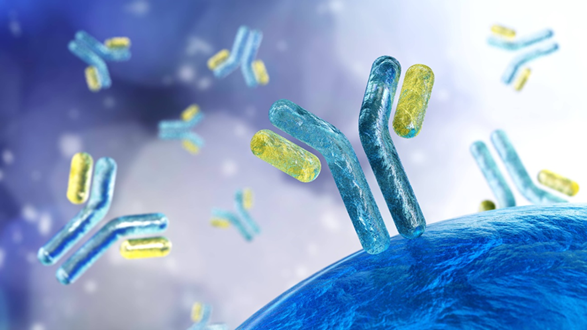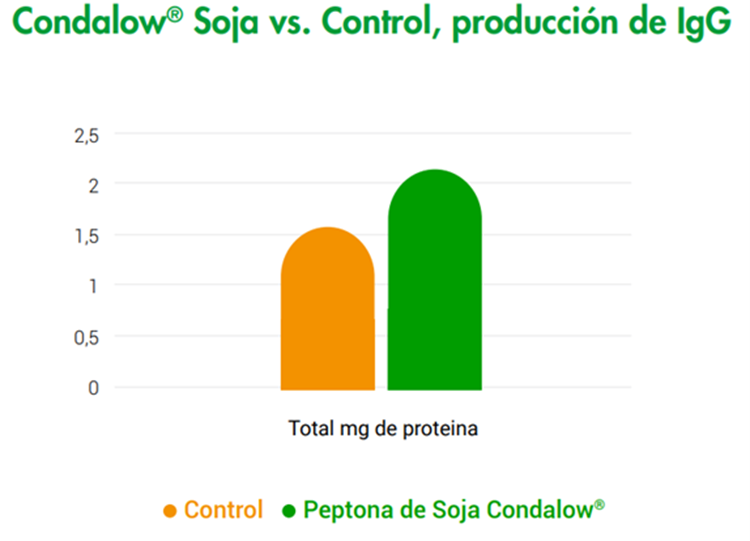Published: 03/08/23 15:58 Categories: Microbiology
The pharmaceutical industry is one of the sectors with highest inversion in research and development, it generates new drugs and treatments every year. The chemistry processes have been used for drugs synthesis since long ago, but with the further knowledge of human body, and its pathway signals, companies have focused on mimicking our body’s complex molecules.
These complex drugs are known as biologic drugs, or “biologics”, and are more and more common. For the 2025, 70% of new drugs will be biologics, and biopharmaceutical market will produce 400 billions of dollars.
Biologics are based on different molecules: enzymes, lymphokine, cytokine, hormones... but antibodies stand out.
These molecules catch the attention because of their specificity, they recognize and adhere to precise targets. Pharmaceuticals produce what are called monoclonal antibodies (mAbs) with the ability to bond with disease’s factors, for example tumoral cells signals.

How are mAbs synthesized?
Cell lines are used for biological drugs synthesize. Most common lines for mAbs manufacture are CHO, hybridoma, NS0 and Sp2/0. There are many ways to induce antibodies synthesis, but most of them summarize as a gene insertion, which is designed to produce a specific mAb. The gene insertion can be accomplished via viral vector, lipofection, electroporation or microinjection. Once the cell has been obtained with the gene of interest, the following phase is the upstream (growth and production).
Each cell line has its own requisites, but all of them require a supplementation to archive the desired performance. Antibodies are proteins, so cells need supplements with high levels of peptides and amino acids. Protein hydrolyzed, also known as peptone, is a common type of supplement for microbiology and with required requirements for protein synthesis.
Condalow®, peptone for your culture media
Culture media and supplements for animal cell cultures must have low levels of endotoxins, fragments from Gram negative bacteria. Condalow ® is the only low endotoxin peptone without using aggressive methods like ultra-filtration, ideal for cell growth while ensuring final product security.
Its characteristics are the following:
- Level of endotoxins below 200 EU/g
- Biggest growth factors preservation
- Enhanced growth and product synthesis
- Low variability

 Pseudomonas aeruginosa: The emerging challenge in water management
Pseudomonas aeruginosa: The emerging challenge in water management
 Can alternative methods be used in pharmaceutical microbiology testing?
Can alternative methods be used in pharmaceutical microbiology testing?
 Yeast extract, your ally in search of high concentrations
Yeast extract, your ally in search of high concentrations
 The evolution of PCR: Transforming science and the food industry
The evolution of PCR: Transforming science and the food industry
 Discover our latest innovations at the ADLM fair in Chicago!
Discover our latest innovations at the ADLM fair in Chicago!
